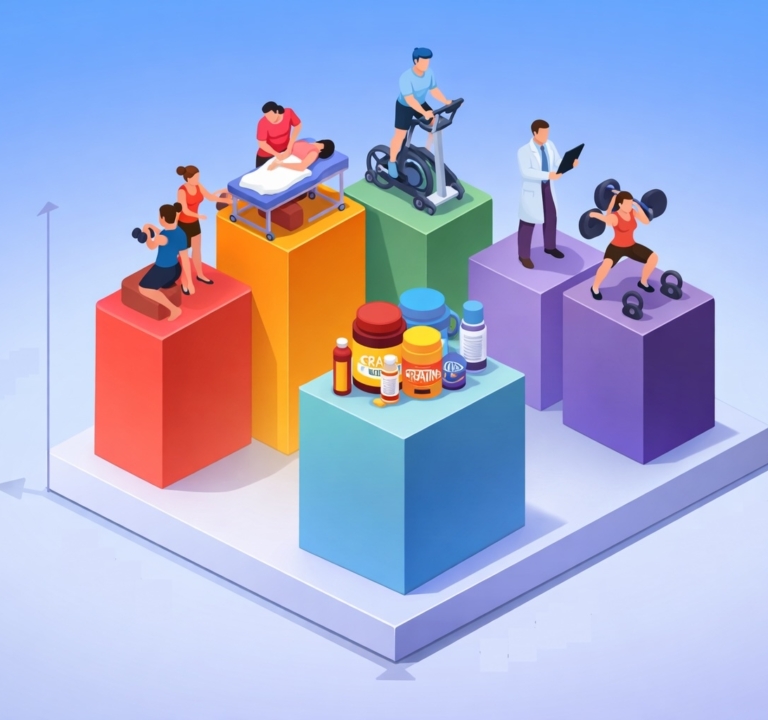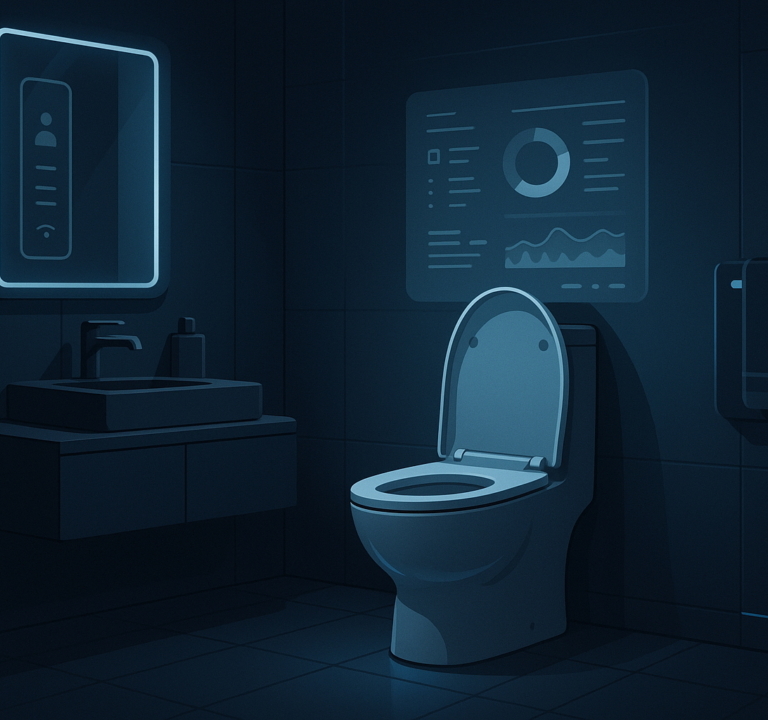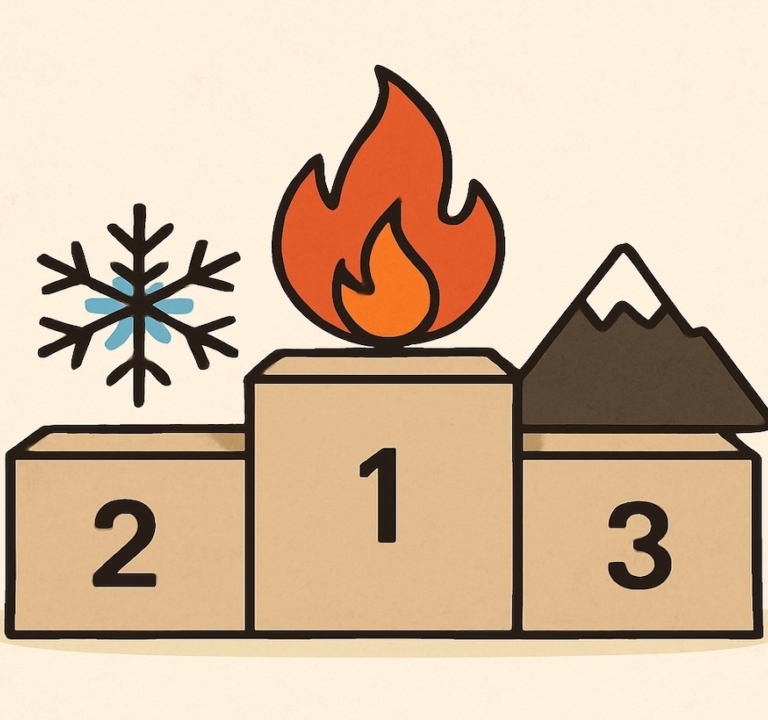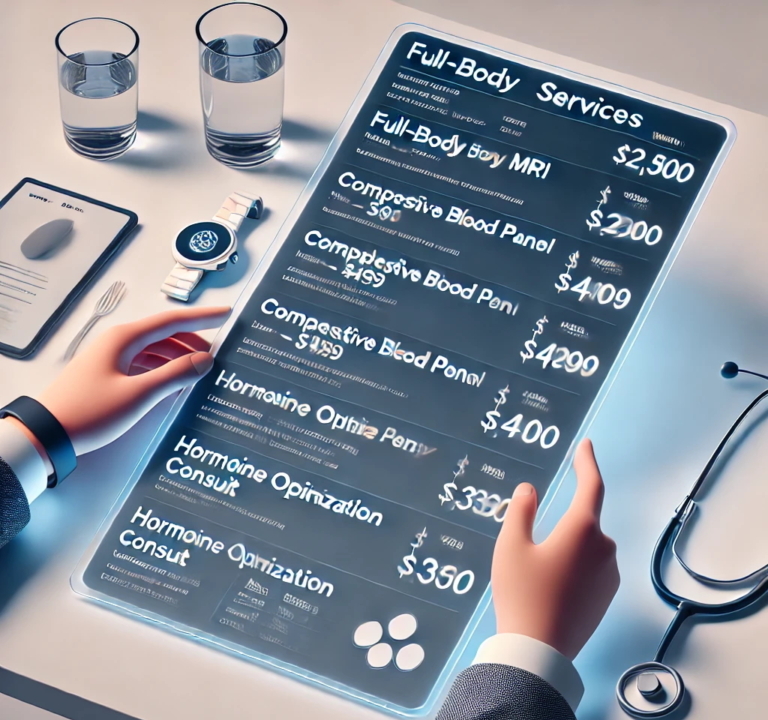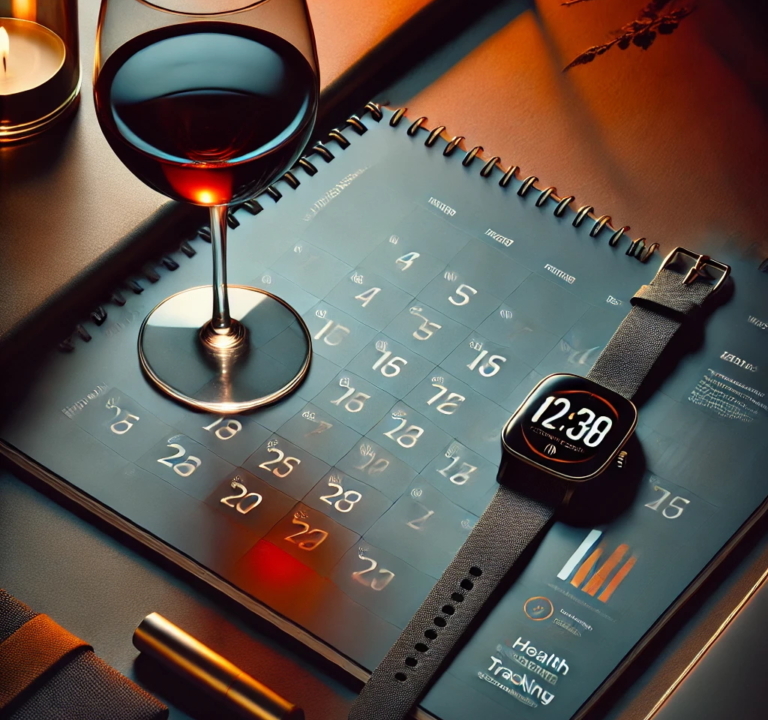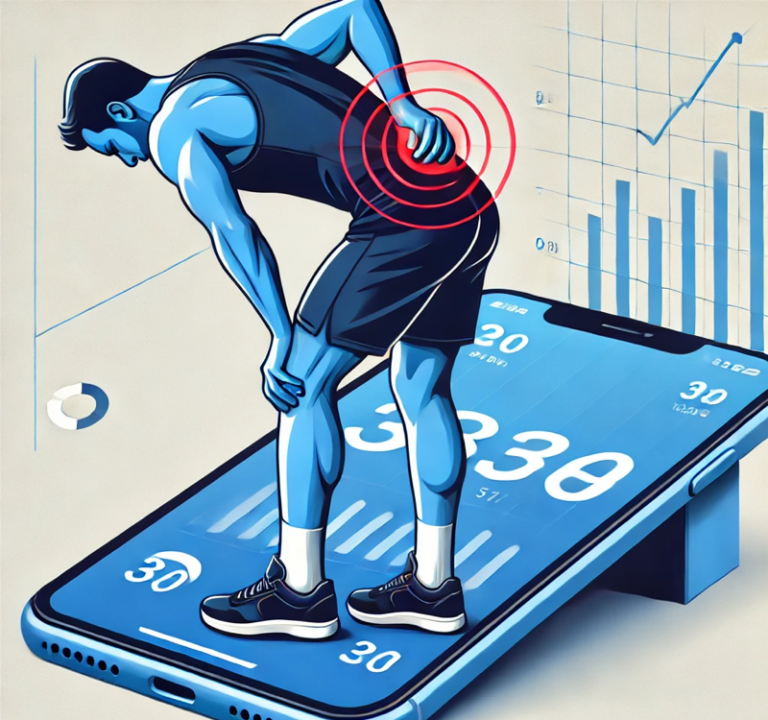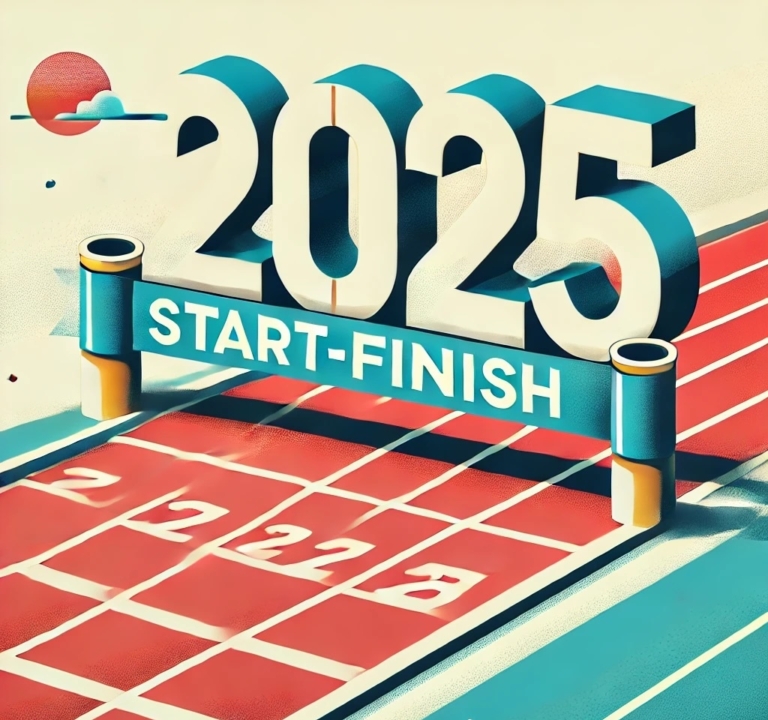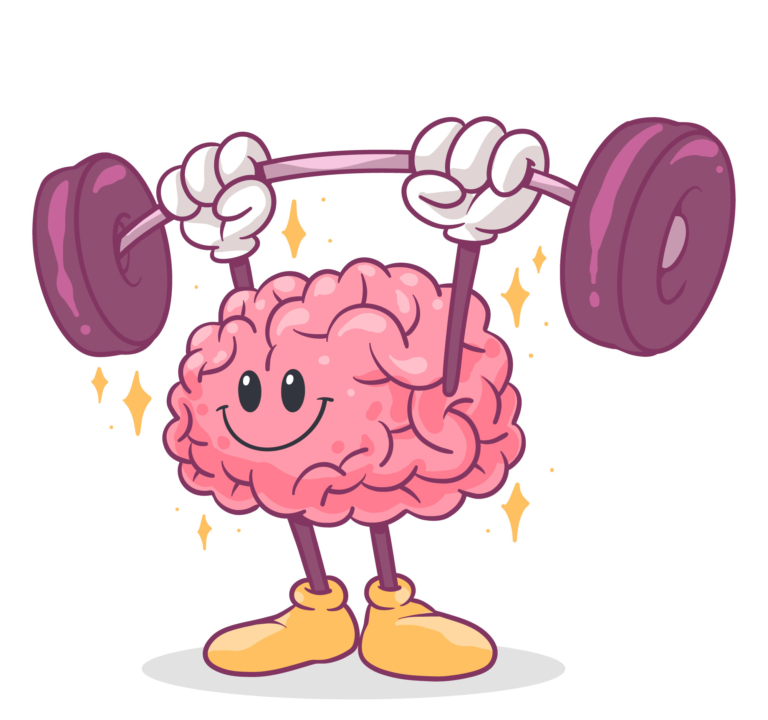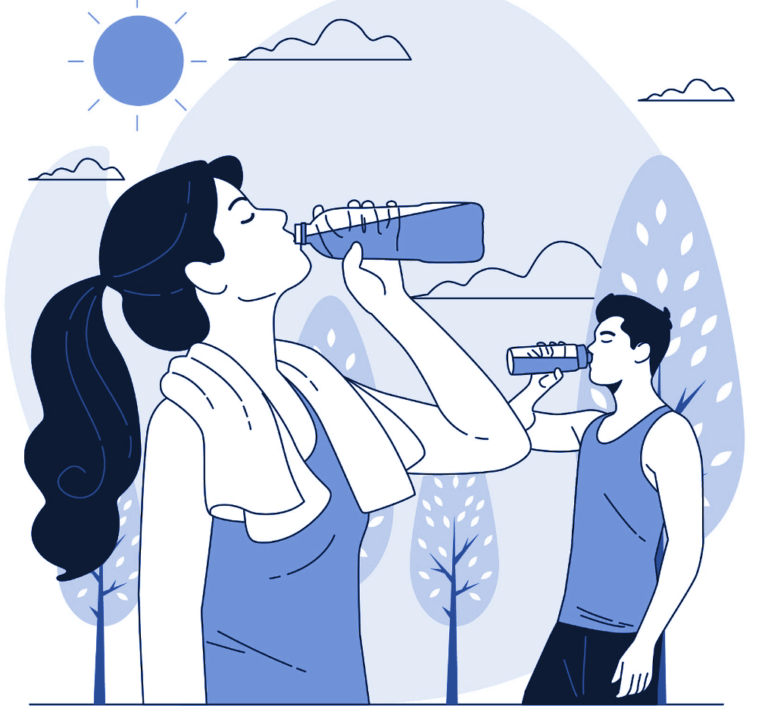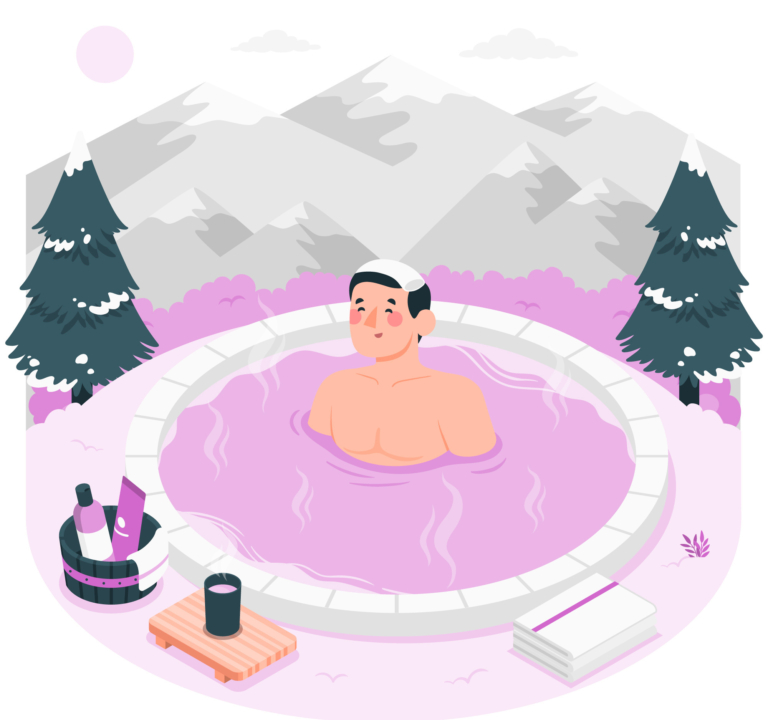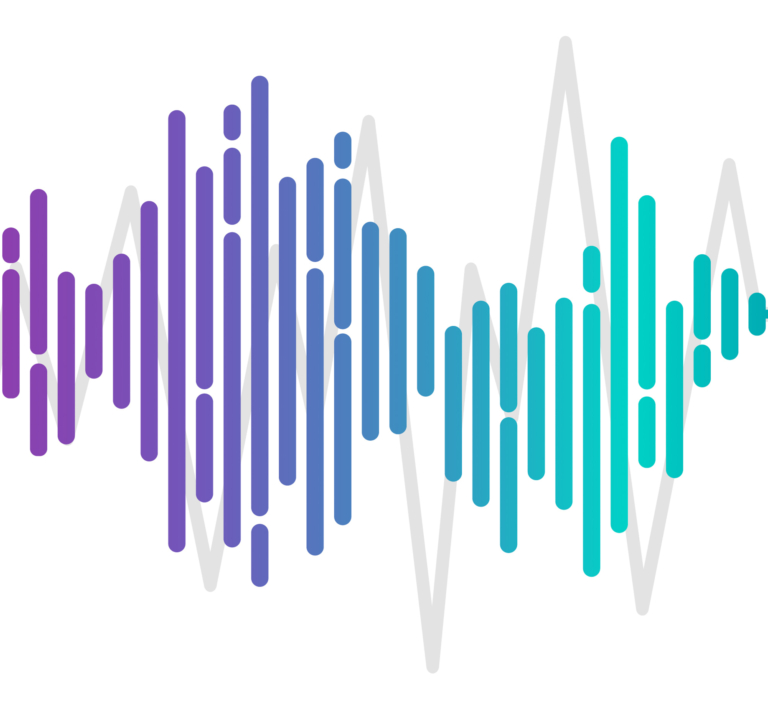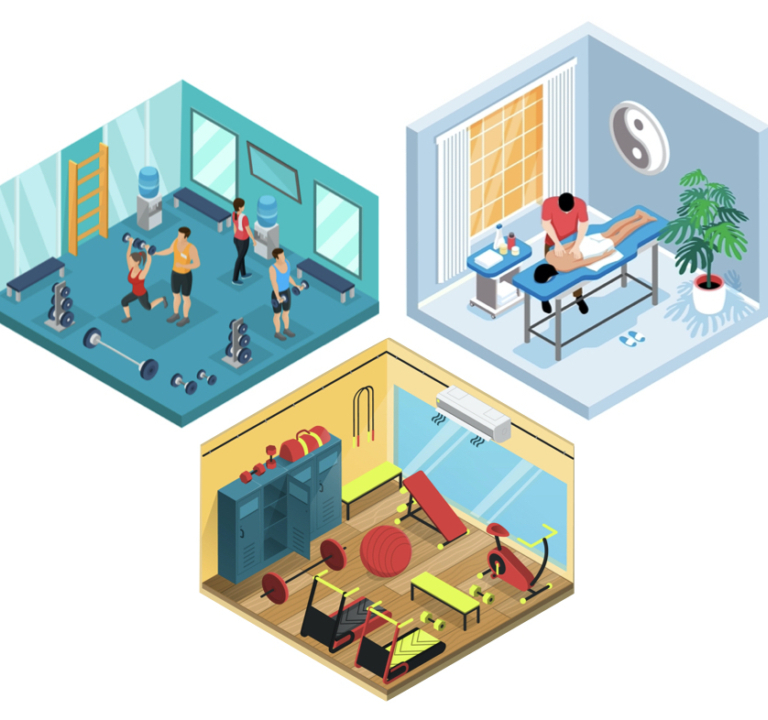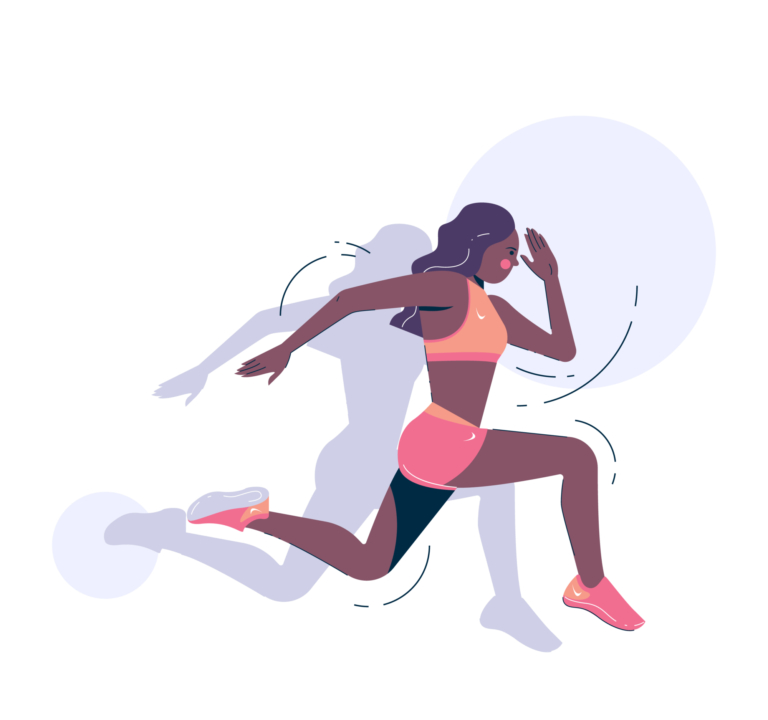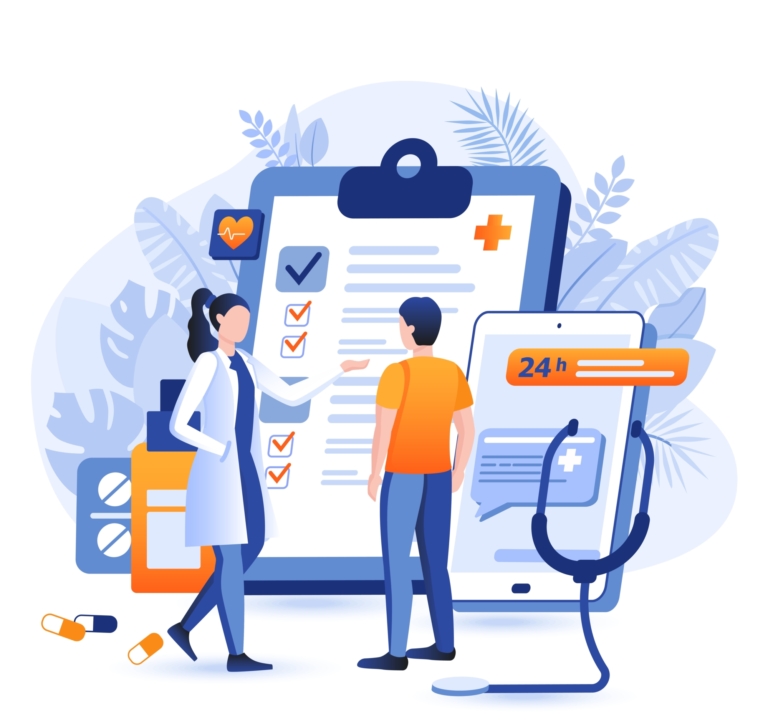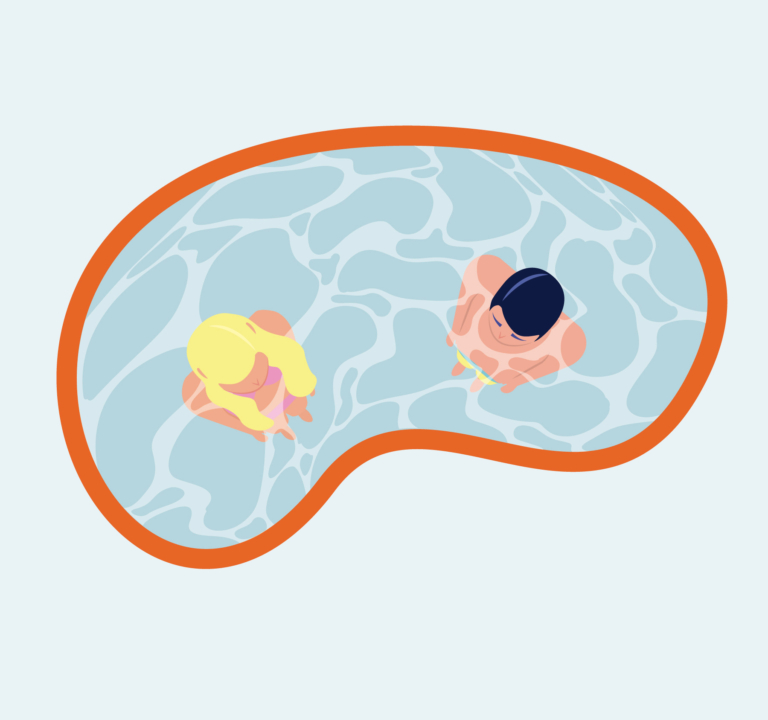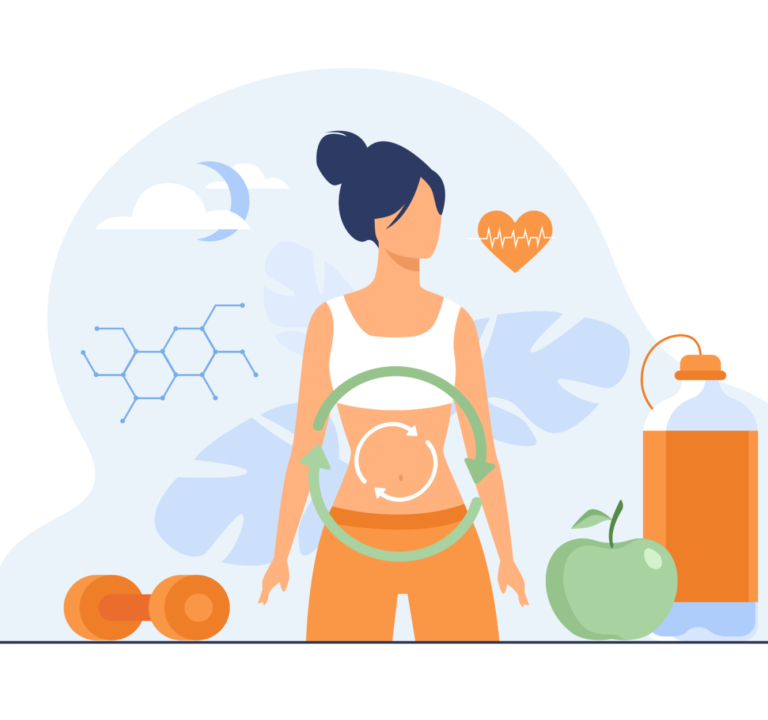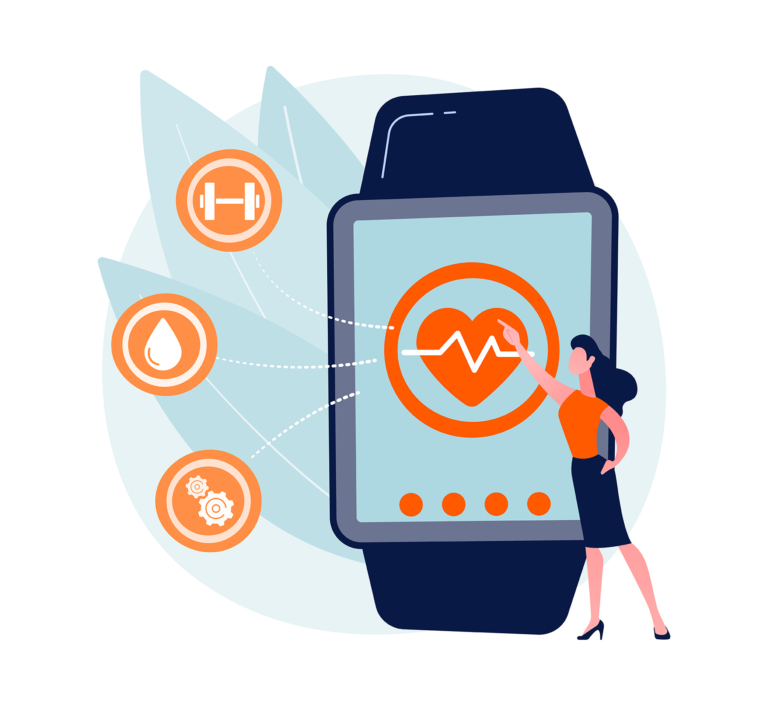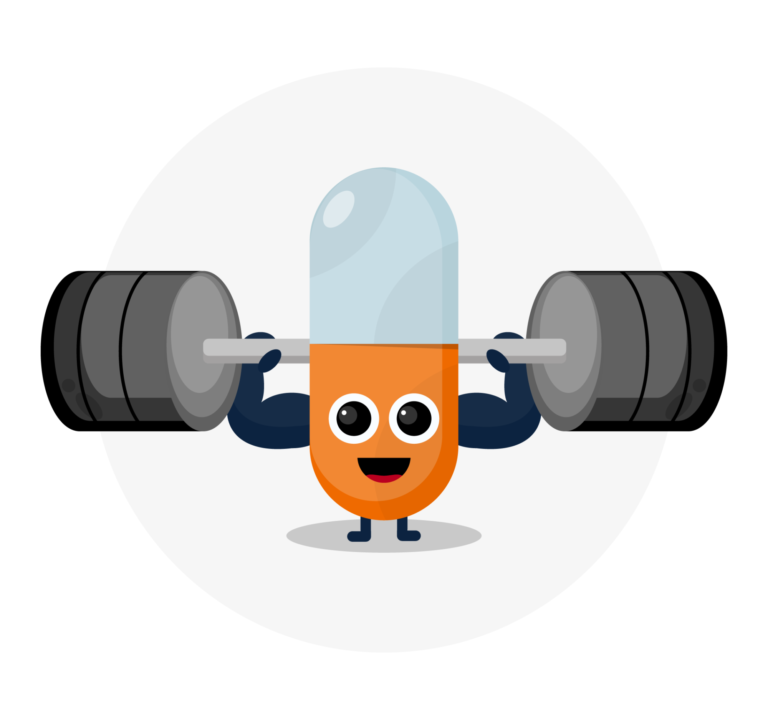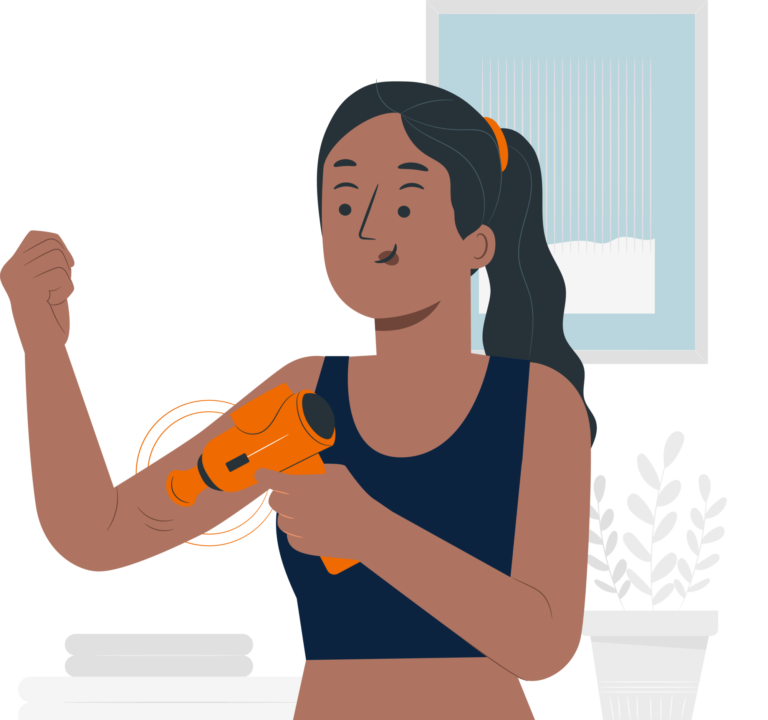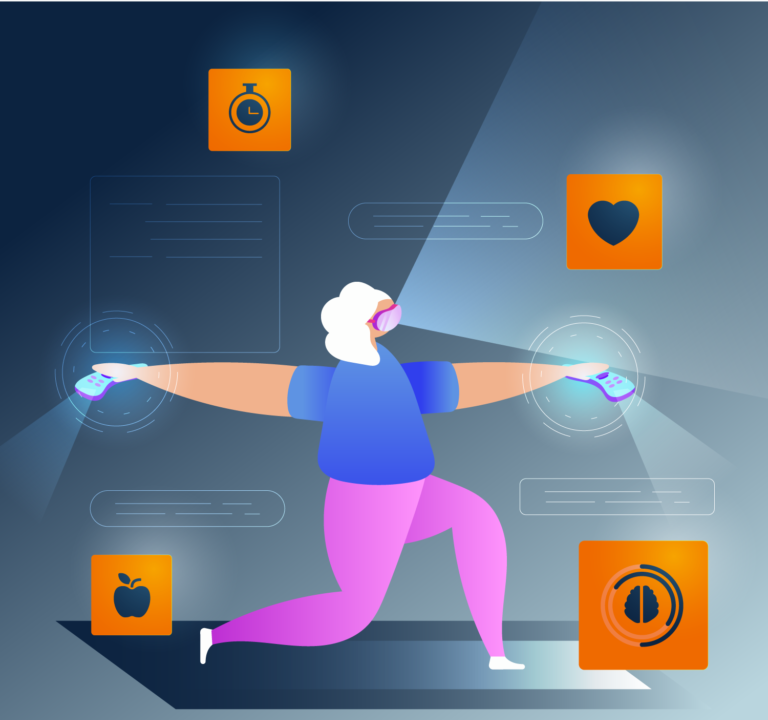POV 10 - Sleep with a capital Zzz
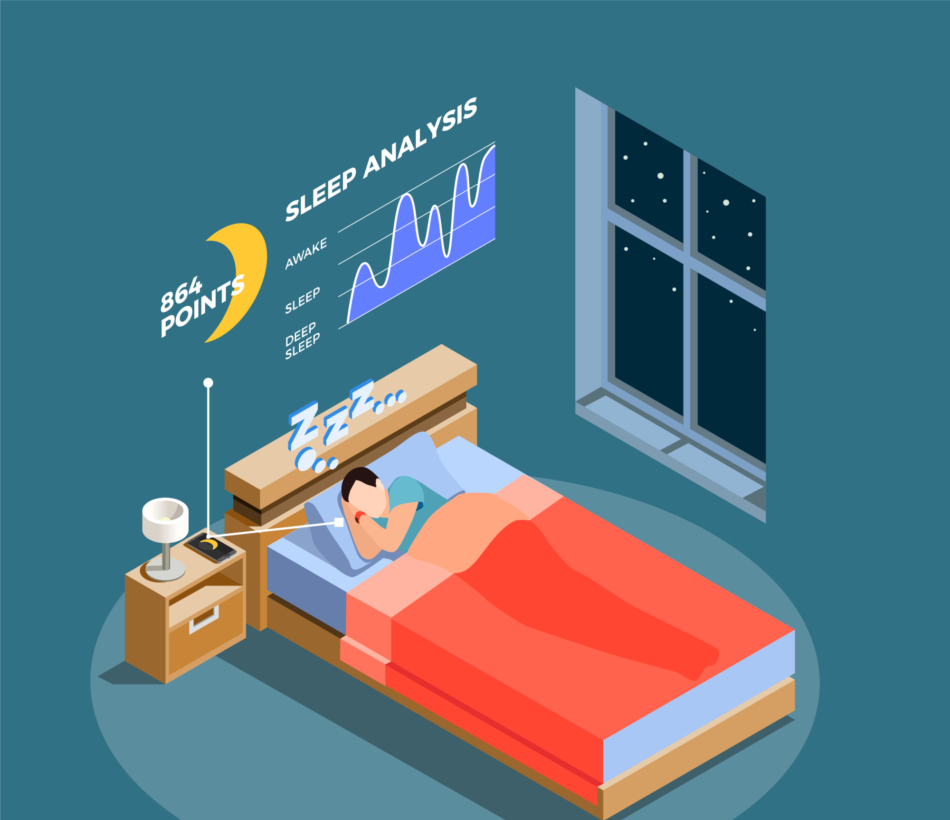
How could the cause of this situation also contribute to solving it?
One in three Americans do not get enough sleep, while 62% of adults worldwide feel that they do not sleep well or wish to improve the quality of their sleep. These eye-opening numbers hint at a global insomnia pandemic, which has profound effects on individual’s health & wellbeing and creates societal & employers’ economic burden.
Adults typically require 7 to 8 hours of restorative sleep each night and straying only one hour away from those recommendations can have important and immediate negative effects on many aspects of health.
Accumulation of both insufficient or unnecessarily prolonged sleep (<7 hours and >9 hours, respectively) dysregulates many systems that compound into increased risk of chronic and cardio-metabolic diseases such as obesity, Diabetes, Alzheimer’s & other dementia, and anxiety & depression.
Among others, sleep deprivation
enhances the fight-or-flight stress response via increased cortisol and sympathetic nervous system load,
stimulates appetite and desire for fat and sugar-rich palatable foods via decreased leptin to ghrelin ratio,
affects glucose tolerance and insulin sensitivity,
limits immune system by hampering cytokine and antibody responses, and
reduces mood & mental acumen in favour of irritability & brain fog.
Even though sleep duration and quality tend to decrease with age, maintaining good sleep is pivotal to healthy aging and Longevity. Insomnia and sleep deprivation promote and accelerate unhealthy aging through partial deprivation of sleep's property to repair cellular and DNA damage.
The old adage goes that the Tour de France is won in bed
Sleep loss also impacts physical and sports performances, as it falters exercise endurance and decreases muscle gain & the ability to recover timely due to decreased growth hormone secretion. Short sleepers (<6 hours a night) are also missing on the neuroprotective benefits of exercise.
These attributes thus warrant Sleep to be one, if not THE most important pillar of health and longevity and catching enough sleep should be a priority of anyone seeking durable physical & mental wellbeing.
The science of sleep
Just like a biological reboot, sleep is a vital function that serves as a moment for the brain (and the body) to repair & clean errors and for the brain to consolidate learnings and memories & for (muscle) cells to be restored.
Sleep is controlled by the brain’s circadian clock and is initiated by light-darkness cues & by chemical mediators such as adenosine, melatonin and cortisol.
A normal night of sleep is divided in the following sleep stages :
Deep sleep or Slow Wave Sleep (< 20% of the night) occurs more frequently in the first hours of sleep. This stage is useful for physical recovery, as it is during this period that 95% of daily growth hormones are produced.
Rapid Eye Movement or REM (20-25% of the night) are 90-minute sleep cycles that take over in the second half of the night. Dreams and sleep-paralysis happen during this stage, along with the brain creating memories and consolidating ideas & skills acquired during the day.
Light sleep (40-50% of the night), which includes all other moments of sleep, is a period when the body is aware of surrounding lights and noises - an evolutionary reminder of the dangerous life led by our ancestors. During light sleep, benefits of restorative REM sleep are present, albeit to a lesser degree.
* short periods of wakefulness complete the night
On average, one goes through each of the three sleep stages every 90 minutes and needs to complete four to five cycles to get a good night’s sleep.
Monitoring sleep
Sleep quality - or the total sleep duration and sleep stage distribution & pattern - is classically measured in sleep clinics where individuals have to wear a relatively cumbersome electroencephalogram (EEG) contraption to monitor brain waves, vitals, and eye movement overnight.
Currently available consumer sleep tracking wearables might be lacking the precision of clinical gold-standards in terms of detecting sleep stages, but demonstrate good performance in detecting sleep onset and sleep duration. Consumer wearables have thus reached a sufficient level of development to be considered appropriate first line options to monitor sleep quality in the comfort of users’ bedrooms and not removing them from their habitual sleep routines.
Technological advances in these consumer products, in synergy with the increasing prevalence of sleep disorders and awareness of the importance of sleep health, have driven the fast expansion of the Sleep Tech market - expected to reach $42B usd by 2030, up from $12B in 2022.
Consumer Sleep Tech includes 1- devices that monitor sleep-wakefulness patterns to deliver (AI-based) personalised behavioural advice to optimise sleep and 2- products that improve bedroom ambience - being air & bed temperature, lighting, and sounds.
For the purpose of the following, we will be considering only products with some AI-component, thus leaving pillows, blue-light blocking devices, earplugs, lights, etc. aside.
1- Sleep monitors
Most smartwatches and fitness trackers can derive sleep quality by combining nighttime movement and cardiovascular metrics. More than a third of smartwatch wearers report using their device to quantifying their sleep, which makes is the second-most important metric after step counting.
Here is a shortlist of notable sleep-dedicated trackers:
Dreem - EEG headband
Rise - sleep tracking app
Sleepon, Oura and Whoop - sleep tracking via movement, HR, HRV and blood oxygen saturation (SpO2) measured at the finger and wrist
Whitings - smart sleep tracking mat
X-trodes - portable EEG forehead sensors
Integration between sleep-tracking devices and complementary technologies are starting to appear to get an even better picture of one’s biology & behaviour and deliver more precise and personalised insights. The Oura ring and CGM platform integration is a first of many to come.
2- Bedroom ambience
Another vertical of the Sleep Tech market include devices aimed at improving sleep hygiene and bedroom ambience.
Most notable examples are :
Bryte, Eight Sleep and Ergosportive smart cooling & sleep tracking mattresses or beds
Endel - sleep inducing soundwave
Somnox - sleep companion synchronized to breathing rhythm and playing soothing sounds
A cautionary tale
A non-negligible portion of wearable users (around 30%) abandon their device within the first few months, citing sleep anxiety as one of their main reasons.
The risk of falling into a vicious circle of insomnia and sleep tracking obsessions - a condition they called orthosomia - is real and complicates matters for Sleep Tech.
We see Sleep Tech as good allies in the quest for optimising sleep quality, but we are also aware of the long-term adherence challenges faced by these technologies.
Building a sense of community - as recently offered to Oura users that can now share their sleep data with friends and family members - is one effective way to mitigate the risk and promote engagement. We are just hopeful that we are not about to receive Strava-like sleep challenges in exchange for King of Sleep badges !
A certain amount of caution should thus be kept not to lose sight of the fundamental elements of sleep hygiene.
Perfecting the art of counting sheep
No Sleep Tech on its own can overcome bad sleep hygiene. Here are some behavioural recommendations to implement to improve sleep quality :
Have consistent sleeping and waking times,
increase early-morning exercise,
reduce alcohol and caffeine consumption (especially for slow caffeine metabolizers),
reduce daily blue-light exposure (especially in the hour preceding bedtime),
engage in breathing and meditation sessions such as cognitive behavioural therapy for insomnia sessions or CBT-I,
control bedroom light, temperature, noise, and humidity,
undertake cold-water immersion or showers, and
avoid obsessive behaviour over sleep metrics.
Supplements such as melatonin or cannabidiol (CBD) can also help induce and maintain sleep.
Stay tuned
This was our 10th POV, but we are not stopping here. Stay tuned for more of these in upcoming weeks, and in the meantime, we invite you to revisit your favorites and make sure you haven't missed any posts.

